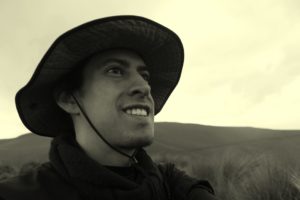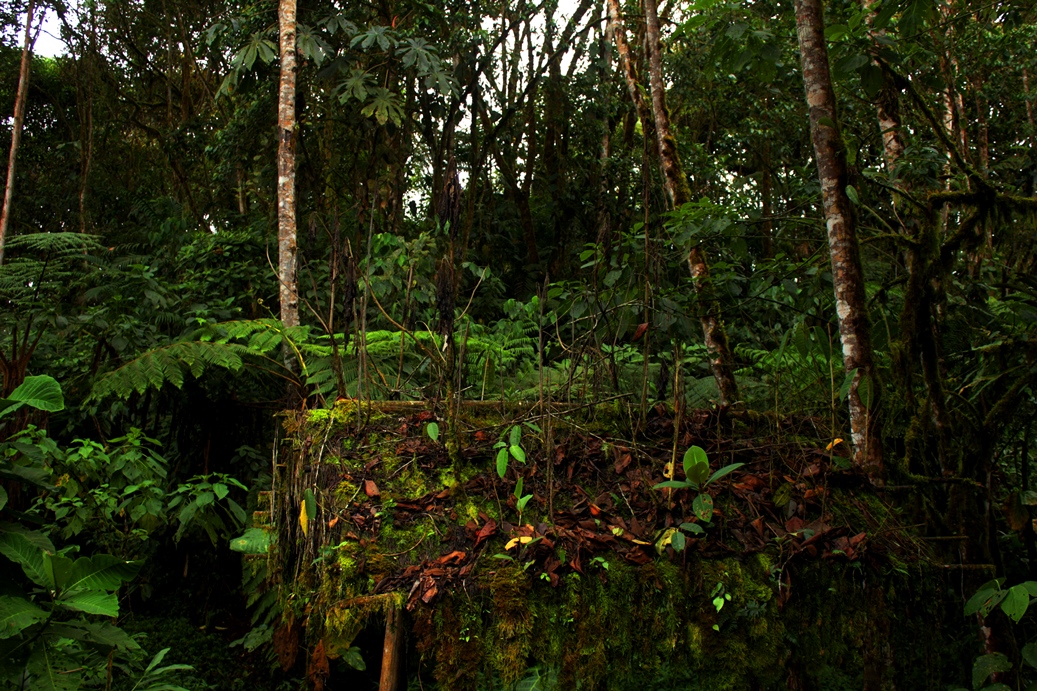Machine Learning and “Big Data” for Ecoacoustics research in Ecuador
Machine Learning is not new in the field of Biology research. In fact, most of the modern analyses use some form of ML for classification of species and statistical analysis. Traditionally, data was gathered by a researcher working long hours for months or years. The introduction of digital technologies is changing rapidly the way research is made and Ecoacoustics is not the exception.
The recent development of automated ecosound recorders used in parallel with data-loggers, laser measurements and satellite imagery generate a large amount of digital data that is practically impossible to analyze for a researcher attempting to do it manually. For that purpose, many automatic and semi-automatic solutions have been developed. One of the most recent and exciting work in progress is the long term ecoacoustics analysis.
With the rapid destruction of tropical forests and ocean ecosystems, the need to develop strategies to preserve the few intact soundscapes is imperative. A few programs have been proposed around the world but they are insufficient altogether. A way to involve the public in citizen-science programs aimed at creating conciusness is needed. A large-scale program will generate thousands of Terabytes of digital sound that need to be analyzed in a species-specific scale as well as in a integral way.
There are a few algorithms proposed in the literature, but none deals yet with the ever increasing pace at which sound is being recorded and stored. Big corporations are likely to have the technology and money muscle required to tackle such a massive entreprise. “Big data” analysis is a hot-topic in ecoacoustics research and aims to create a cloud-based distributed-computing approach to extract value from the sound in an efficient way to make it available to Ecology researchers.
In Ecuador, we are curently performing long term recordings of soundscapes with automated recorders in the wild. We also developed automatic species recognition algorithms focused on the local taxa. Any help we can get is greatly appreciated. If you are interested in helping us, donate or volunteer. Don’t hesitate to contact us at:
info@andesonic.com

Andrés Estrella Terneux
Director/Científico
Andesonic
Quito-Ecuador

